Intro
Streamline retail with point of sale solutions, featuring payment processing, inventory management, and POS systems for efficient transactions, sales tracking, and customer engagement.
The world of retail and hospitality is becoming increasingly complex, with businesses needing to manage multiple channels, inventory, and customer relationships. At the heart of any successful business is an efficient point of sale (POS) system. A POS system is more than just a way to process transactions; it's a powerful tool that can help businesses streamline operations, improve customer experience, and increase revenue. In this article, we'll explore the importance of POS solutions and how they can be made easy for businesses of all sizes.
As technology advances, POS systems have evolved to become more sophisticated and user-friendly. Gone are the days of clunky cash registers and manual inventory management. Today's POS systems are cloud-based, mobile, and integrated with other business tools, making it easier for businesses to manage their operations from anywhere. Whether you're a small independent retailer or a large hospitality chain, a POS system is essential for success. It's the first point of contact between your business and your customers, and it sets the tone for the entire shopping or dining experience.
The benefits of a POS system are numerous. It can help businesses manage inventory, track sales, and analyze customer behavior. It can also help to reduce errors, improve customer service, and increase efficiency. With a POS system, businesses can process transactions quickly and securely, whether it's a credit card payment, mobile payment, or cash transaction. Additionally, a POS system can help businesses to manage their staff, including scheduling, time tracking, and performance monitoring. With so many benefits, it's no wonder that POS systems have become an essential tool for businesses of all sizes.
What is a Point of Sale System?
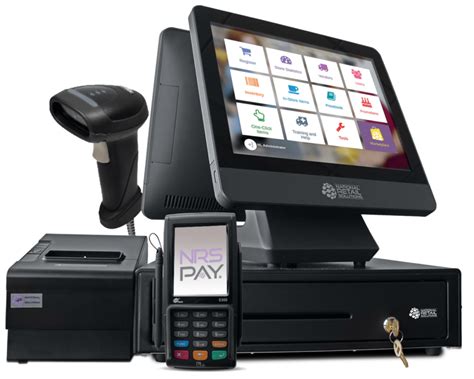
Key Components of a POS System
A POS system typically includes several key components, including: * Terminal: This is the device that processes transactions, such as a tablet or computer. * Printer: This is used to print receipts and other documents. * Scanner: This is used to scan barcodes and track inventory. * Cash drawer: This is used to store cash and other valuables. * Software: This is the brain of the POS system, managing transactions, inventory, and sales data. * Integrations: These are connections to other tools and systems, such as accounting software or loyalty programs.Benefits of a Point of Sale System

How to Choose a Point of Sale System
Choosing a POS system can be a daunting task, especially for small businesses or those new to the retail or hospitality industry. Here are some factors to consider when selecting a POS system: * Ease of use: The system should be easy to use and navigate, even for employees who are not tech-savvy. * Customization: The system should be customizable to meet the specific needs of your business. * Integration: The system should integrate with other tools and systems, such as accounting software or loyalty programs. * Scalability: The system should be able to grow with your business, handling increased sales and inventory. * Support: The system should have reliable customer support, including online resources and phone support.Types of Point of Sale Systems
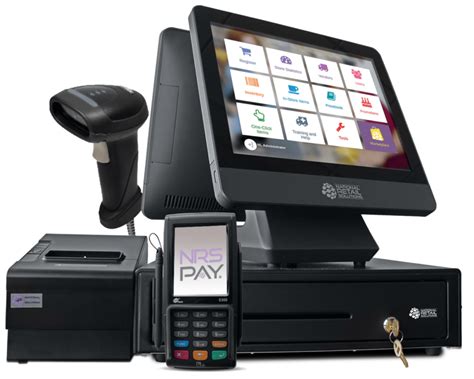
POS System Features
A POS system typically includes a range of features, including: * Transaction processing: The system should be able to process transactions quickly and securely. * Inventory management: The system should be able to track inventory levels and alert staff to low stock levels. * Sales reporting: The system should be able to provide detailed sales reports, including sales by item, category, and employee. * Customer management: The system should be able to store customer information and track customer loyalty and rewards. * Employee management: The system should be able to manage staff scheduling, time tracking, and performance monitoring.Implementing a Point of Sale System
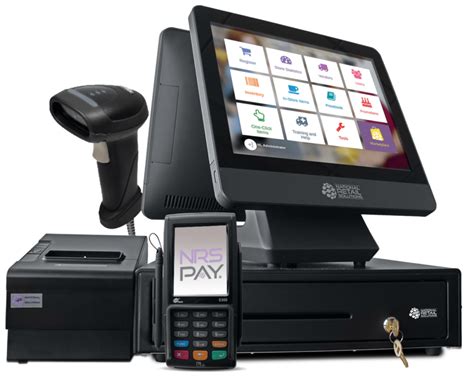
Common POS System Mistakes
Here are some common mistakes to avoid when implementing a POS system: * Insufficient training: Failing to provide adequate training to staff can lead to errors and inefficiencies. * Poor configuration: Failing to configure the system correctly can lead to errors and inefficiencies. * Inadequate support: Failing to provide adequate support to staff can lead to frustration and dissatisfaction. * Inadequate testing: Failing to test the system thoroughly can lead to errors and inefficiencies.Point of Sale System Security
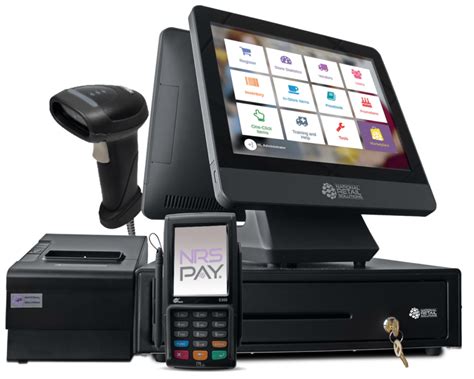
Best Practices for POS System Security
Here are some best practices for POS system security: * Use a secure internet connection: Using a secure internet connection can help to prevent unauthorized access to the system. * Limit access: Limiting access to the system can help to prevent unauthorized access and ensure the system is secure. * Use two-factor authentication: Using two-factor authentication can help to prevent unauthorized access to the system. * Regularly update software: Regularly updating software can help to prevent vulnerabilities and ensure the system is secure.Point of Sale System Image Gallery
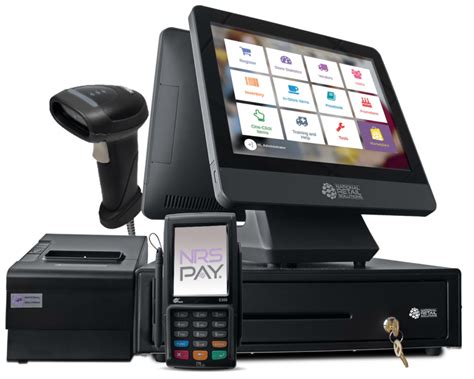
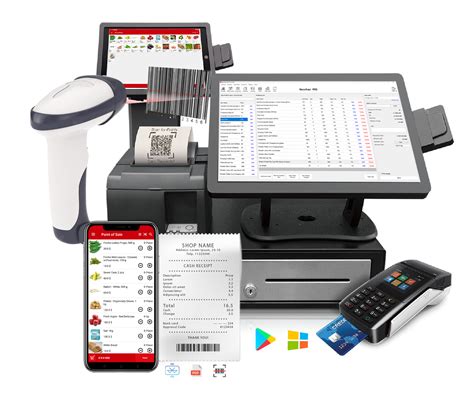
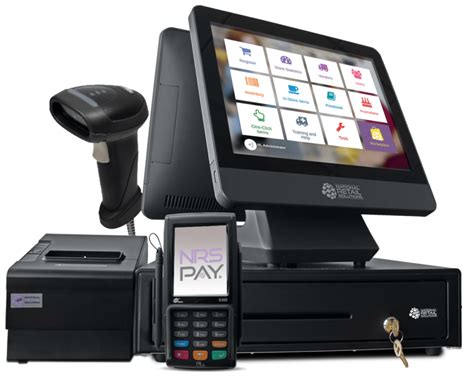
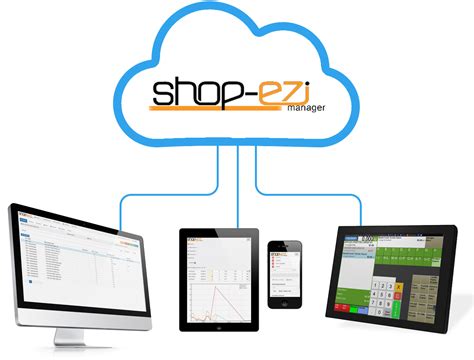
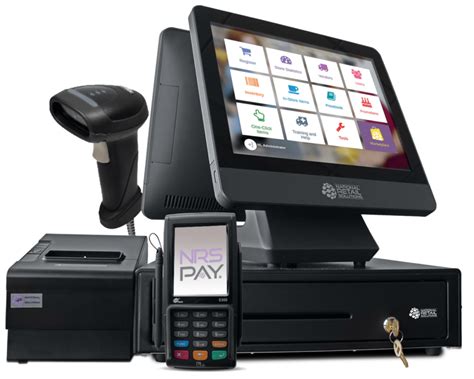
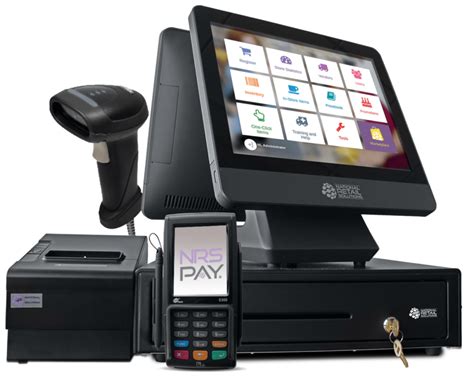
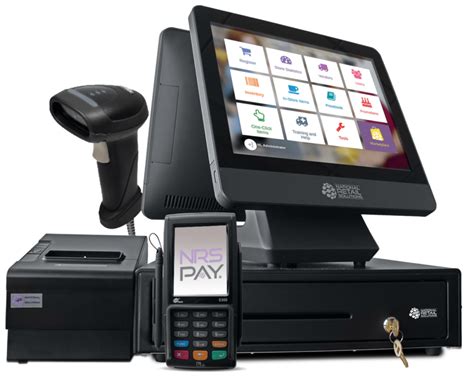
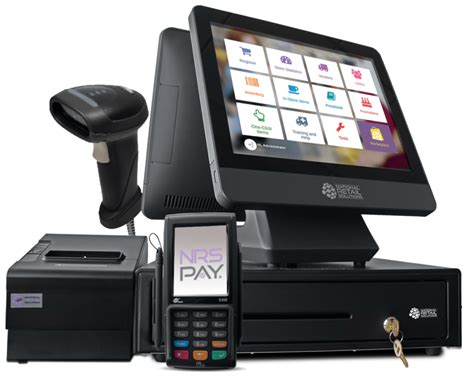
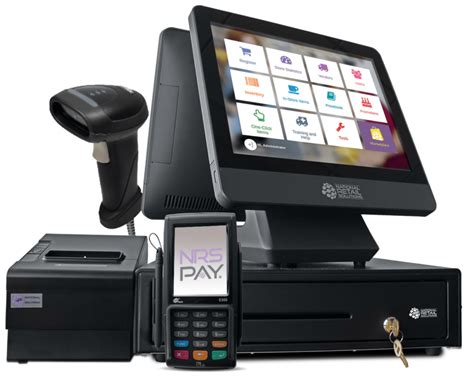
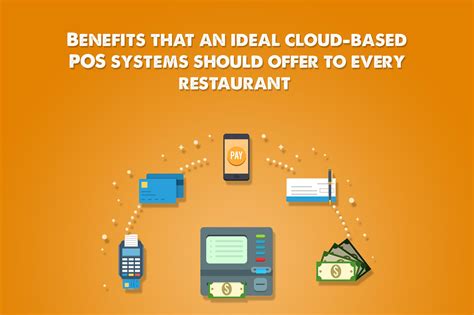
What is a Point of Sale System?
+A point of sale system is a combination of hardware and software that enables businesses to process transactions, manage inventory, and analyze sales data.
What are the benefits of a Point of Sale System?
+The benefits of a point of sale system include improved efficiency, increased sales, better inventory management, enhanced customer experience, and improved employee management.
How do I choose a Point of Sale System?
+When choosing a point of sale system, consider factors such as ease of use, customization, integration, scalability, and support. It's also essential to assess your business needs and select a system that meets those needs.
What are the different types of Point of Sale Systems?
+There are several types of point of sale systems, including cloud-based, on-premise, mobile, retail, and hospitality systems. Each type of system has its own unique features and benefits.
How do I ensure the security of my Point of Sale System?
+To ensure the security of your point of sale system, use strong passwords, keep software up-to-date, use encryption, and monitor the system regularly. It's also essential to limit access to the system and use two-factor authentication.
In summary, a point of sale system is a critical tool for businesses of all sizes. It can help to improve efficiency, increase sales, and enhance customer experience. When choosing a point of sale system, consider factors such as ease of use, customization, integration, scalability, and support. It's also essential to assess your business needs and select a system that meets those needs. By following these tips and best practices, you can ensure the success of your business and provide a seamless and personalized shopping experience for your customers. We invite you to share your thoughts and experiences with point of sale systems in the comments below. Whether you're a business owner, manager, or employee, your feedback and insights can help others to make informed decisions about their point of sale systems.
